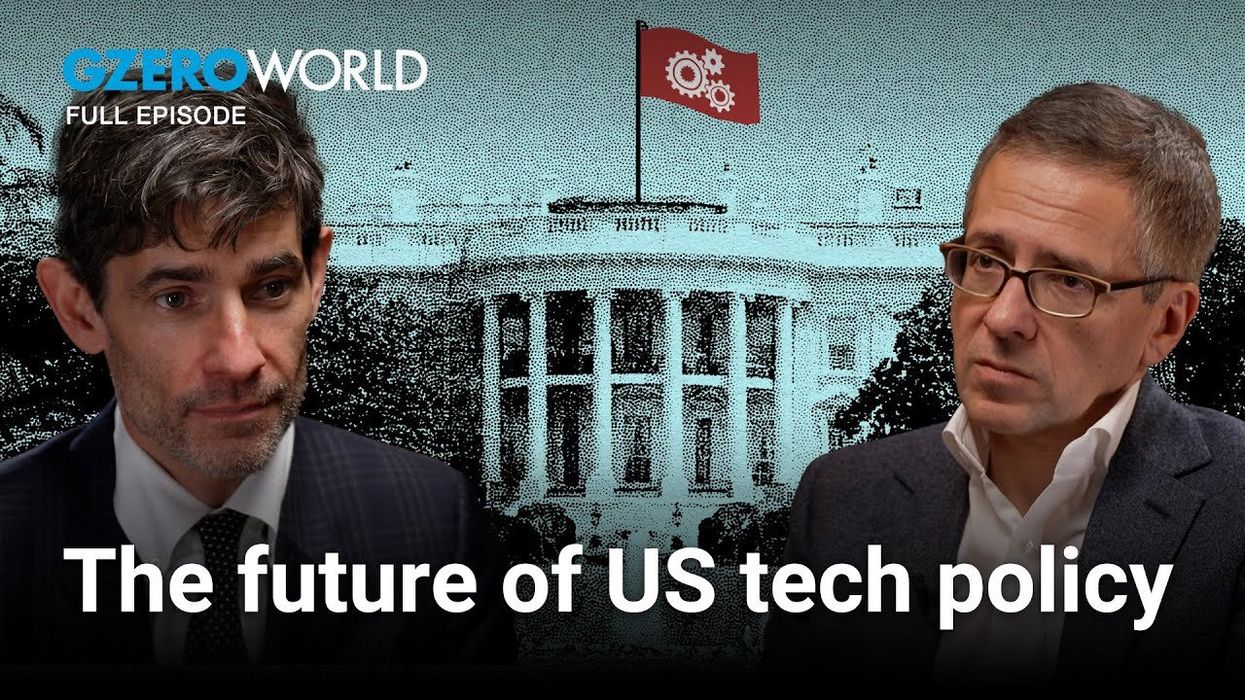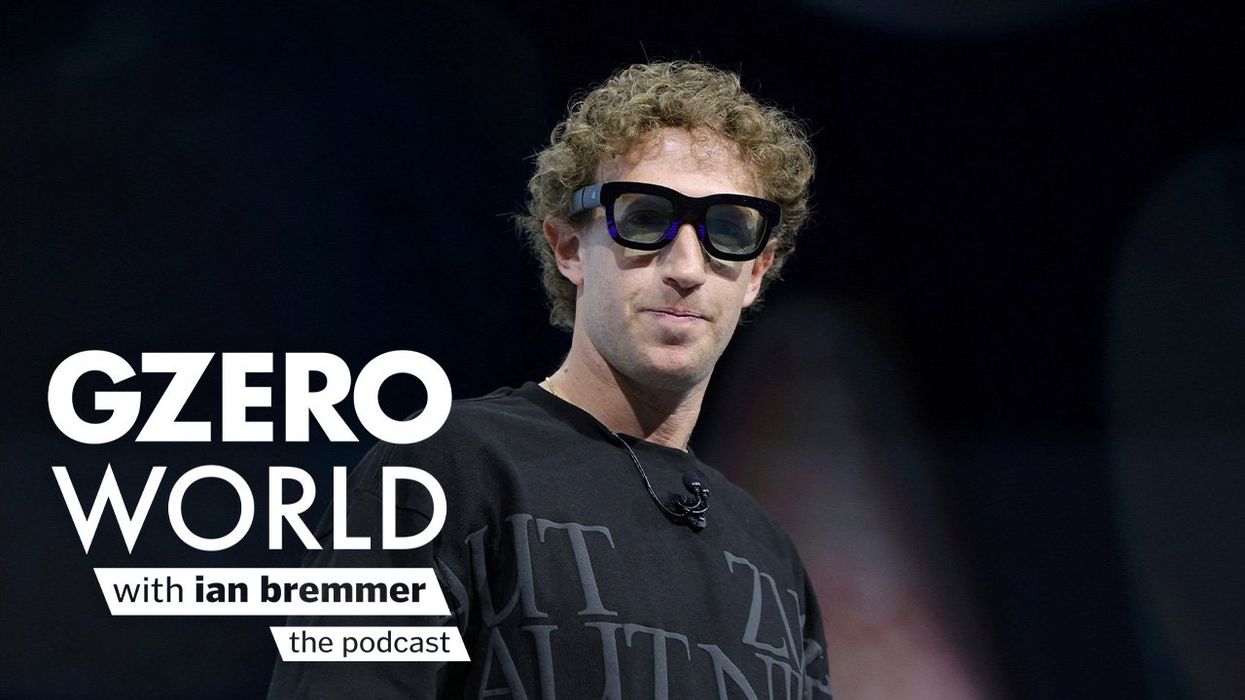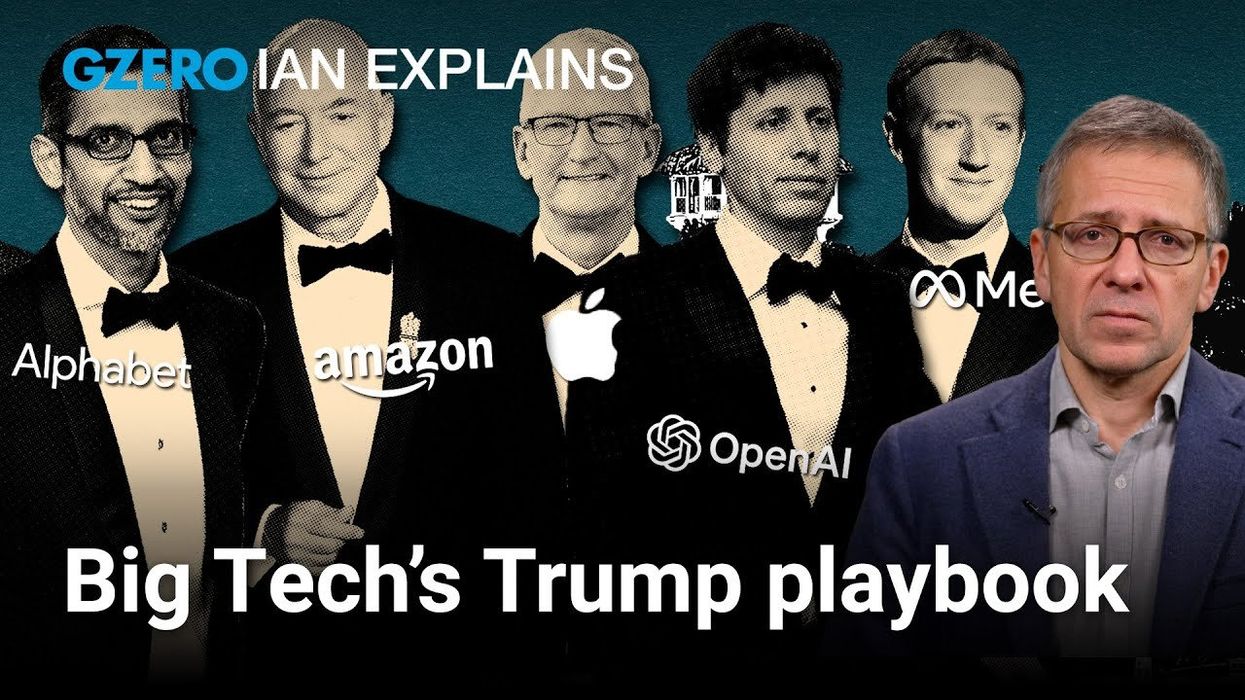Hard Numbers
Hard Numbers: Google to build AI data hub in India, Mexican rains kill dozens, Venezuela shuts Norwegian embassy, China puts sanctions on Korean shipbuilder
$15 billion: Google announced Tuesday that it will invest $15 billion to build an AI data hub in southern India, in what the tech firm hopes will be the largest data center outside the United States.
Oct 14, 2025










